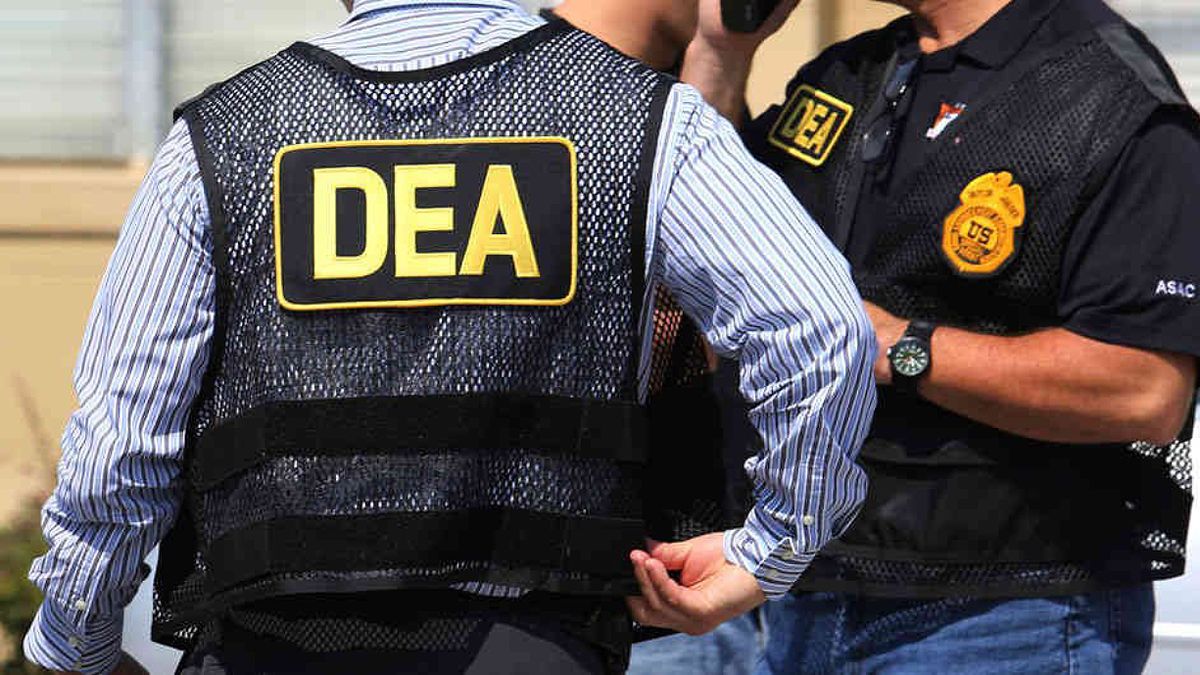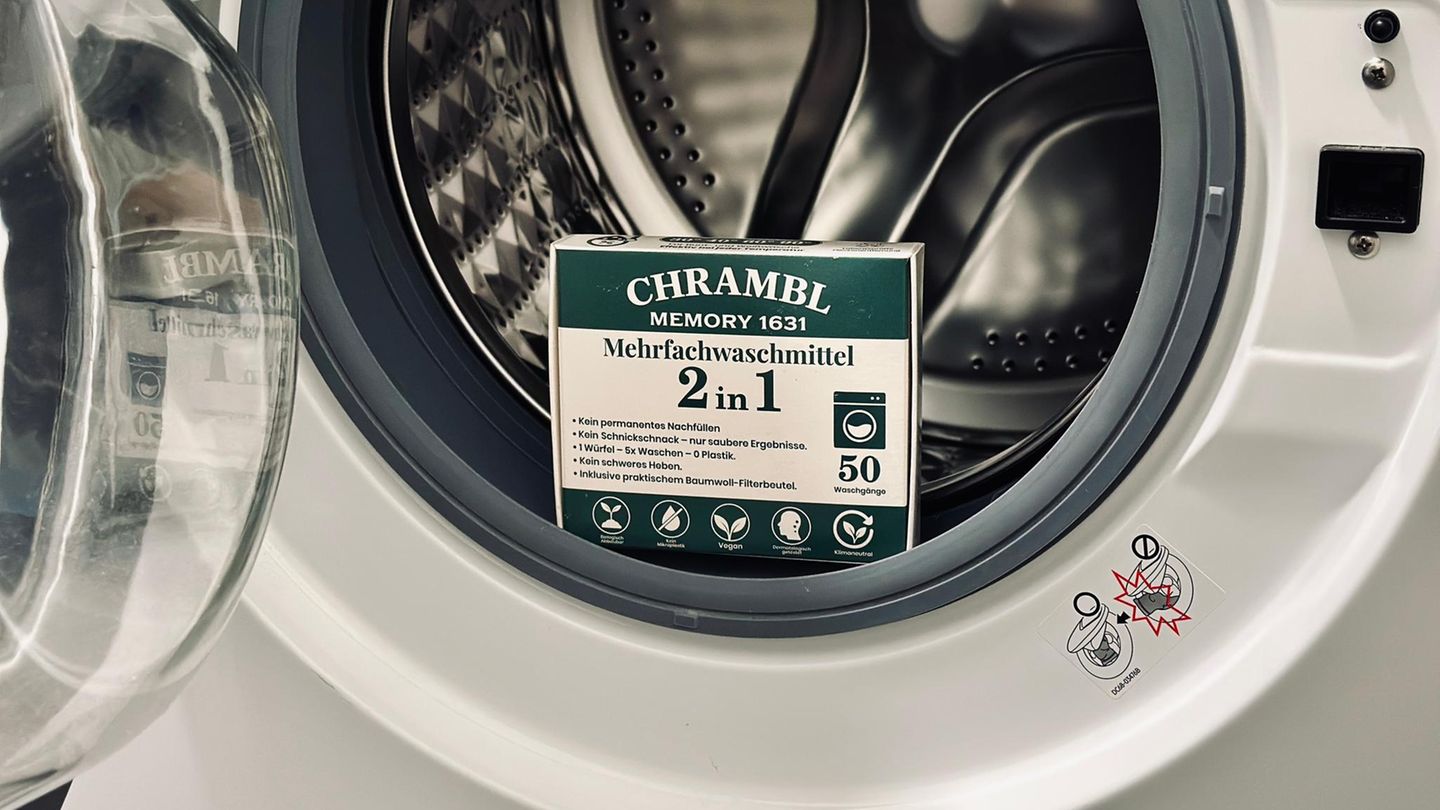The Drug Enforcement Administration (DEA, for its acronym in English) closed its doors in 2019 in the Uruguay and since then the government of Luis Lacalle Pou has tried to get him to return to the country to continue collaborating in the fight against drug trafficking eitherspecifically with that of cocaine.
The DEA closed its office in Uruguay a year before the president came to power. On that occasion, USA He assured that the closure of the office was due to a redistribution of resources. The DEA was active in the country in 2012, after returning after leaving in 1994.
Meanwhile, in October 2023, the diplomatic representatives of the North American country denied that there was a process to reopen a DEA office in the country, despite the wish expressed then by the former Minister of the Interior, Luis Alberto Heber.
For his part, in September the current Secretary of the Presidency, Rodrigo Ferres, held a meeting with the ambassador Heide Fulton to try to advance the return of the organization and there was no news about its reopening either.
America’s priorities
Three former officials of the DEA They told Reuters that with Washington concentrated in the fentanyl that floods its borders from Mexico and with the little cocaine that circulates from Uruguay towards the USAthere is little appetite to seek congressional approval to reopen an office in Montevideo.
“Now everything is fentanyl,” said the former administration official. DEA, Larry Reichner, DEA deputy regional director for southern South America from 2015 to 2019. “They don’t give a damn about cocaine.” Meanwhile, the DEA declined to comment.
For their part, European nations, which receive most of the cocaine that passes through Uruguay, They also have a very limited anti-narcotics presence in the country. While Spain is the only European state with a permanent police attaché in Montevideo.
A light at the end of the road
USA committed last week to collaborating with Uruguay in the fight against drug trafficking, deepening the work with agencies such as the DEA and the International Bureau of Counternarcotics and Law Enforcement Assistance (INL).
After Second Annual Bilateral Interministerial Dialogue which the chancellor co-chaired Omar Paganini, With the intention of strengthening relations between both countries, it was agreed to “redouble efforts to combat crime transnational and the impact of drug trafficking in the citizen security”.
During the meeting, which was also led by the assistant secretary of state for the Western Hemisphere, Brian Nichols, Both sides studied innovative solutions to improve security conditions in the region.
Among the work areas are “the drug interdiction, law enforcement training, drug dependency treatment, and demand reduction programs.” At the same time, they debated the importance of guaranteeing regional support for the Multinational Security Support Mission in Haiti.
Source: Ambito




